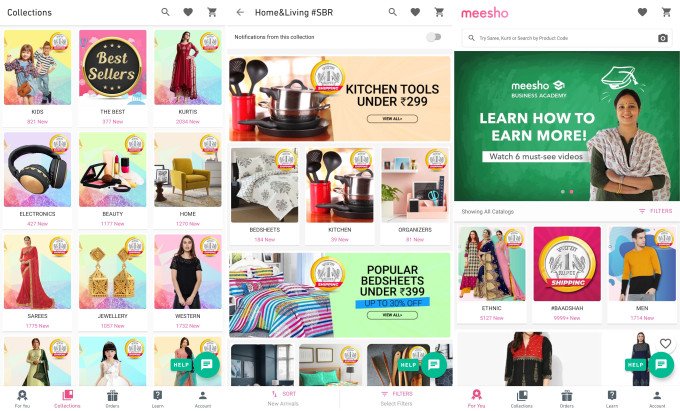SOCIAL
WhatsApp Pay Gains Approval for Expansion in India, Boosting Facebook’s eCommerce Push

In another important step in Facebook’s ongoing efforts to become the critical tech infrastructure element in the emerging Indian market, the Indian Government has this week approved an expansion of payments within WhatsApp, opening the door for the next stage of Facebook’s eCommerce push.
As reported by TechCrunch:
“National Payments Corporation of India (NPCI), the body that operates the widely popular UPI payments infrastructure, said on Thursday evening that it has granted approval to WhatsApp to roll out UPI-powered payments in India.
That could provide new opportunities for Facebook to greatly expand its WhatsApp marketplace, which is already a significant element in the developing region.
Indeed, WhatsApp, the most used messaging app in the nation, has become a central platform for its evolving eCommerce tools, and with payments now becoming more readily available, that will enable Facebook to fuel more business activity within the app.
Shortly after securing the new agreement, WhatsApp also announced the capacity to send payments within the app.
Starting today, people across India will be able to send money through WhatsApp ???? This secure payments experience makes transferring money just as easy as sending a message. pic.twitter.com/bM1hMEB7sb
— WhatsApp Inc. (@WhatsApp) November 6, 2020
That’s also a key step – more money is sent into India via remittance, or transfers back to family and friends, than any other nation, according to the The World Bank. If Facebook can get more people transferring funds within the app, that will likely lead to more commerce activity, as the funds are already there, and transfers will become more commonplace, even habitual.
Facebook has already invested big in the Indian market, buying a $US5.7 billion stake in local internet provider Reliance Jio back in April, as well as acquiring online shopping platforms like Meesho, which facilitates commerce in WhatsApp.

If WhatsApp can also host more in-stream payments, it could become the critical connective app for the market, following the lead of Chinese messaging apps, like WeChat, which is now an essential companion for over a billion Chinese citizens as they go about their everyday lives.
Over the past few years, India has emerged as a key element in Facebook’s empire-expansion plans, with The Social Network working to gain approval from Indian regulators to expand its presence in the region, particularly in relation to in-stream payments and facilitating eCommerce.
Thus far, however, the company has come up against various roadblocks. Indian authorities blocked Facebook’s original ‘Free Basics’ program back in 2015 due to concerns around how Facebook was looking to dominate web access, while the Indian Government has also clashed with Facebook management at various points over the content it allows (and doesn’t) within the app.
Given the dominance of Facebook in the social media market, Indian authorities are skeptical of ceding too much control over web access to the company. Yet, with WhatsApp, India seems more open. Which is why Facebook is now making a bigger push to increase its presence through its messaging app, which has already become a key communications and connection platform in the region.
Facebook had hoped to be able to boost its payments service by facilitating fee-free exchanges within its apps via its Libra cryptocurrency offering, but that program has faced its own difficulties, delaying its launch. Facilitating more payments within WhatsApp is essentially the next best thing, and while Facebook will still be beholden to local banking regulation, it will have increased capacity to introduce WhatsApp Pay to more users, which could quickly make it a key offering.
This may not have much impact in Western markets, but it’s a major development, and could be a major step in taking Facebook’s payments programs to the next level. If Facebook can become the digital connective element that links Indian citizens to payments, data collection, communications, Facebook essentially becomes the wallet of the next generation, a critical companion in all elements of daily life.
And with 1.3 billion citizens, and growing, that could give the company a major advantage.
It’s still early days, but this will be a key area of focus for The Social Network moving forward.
